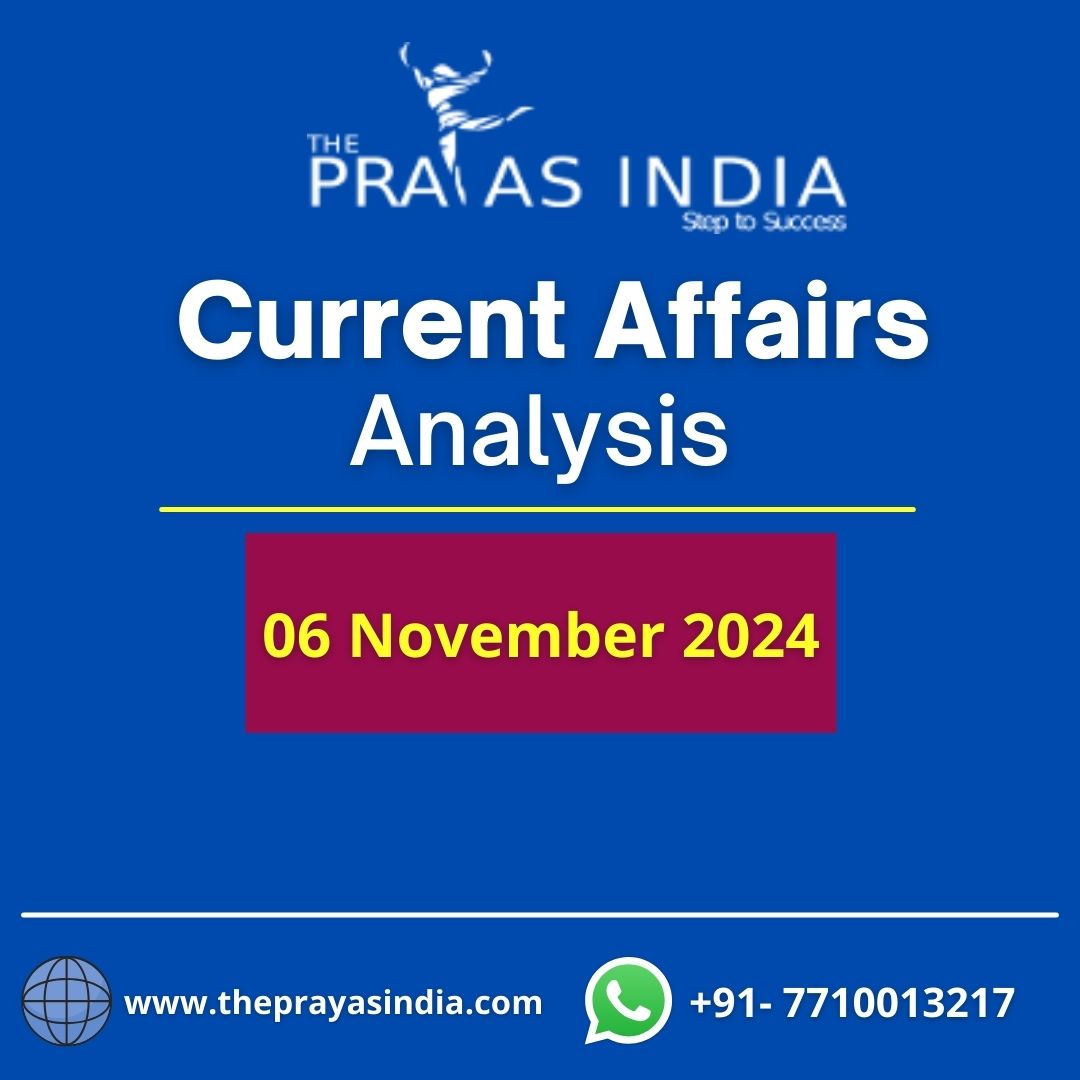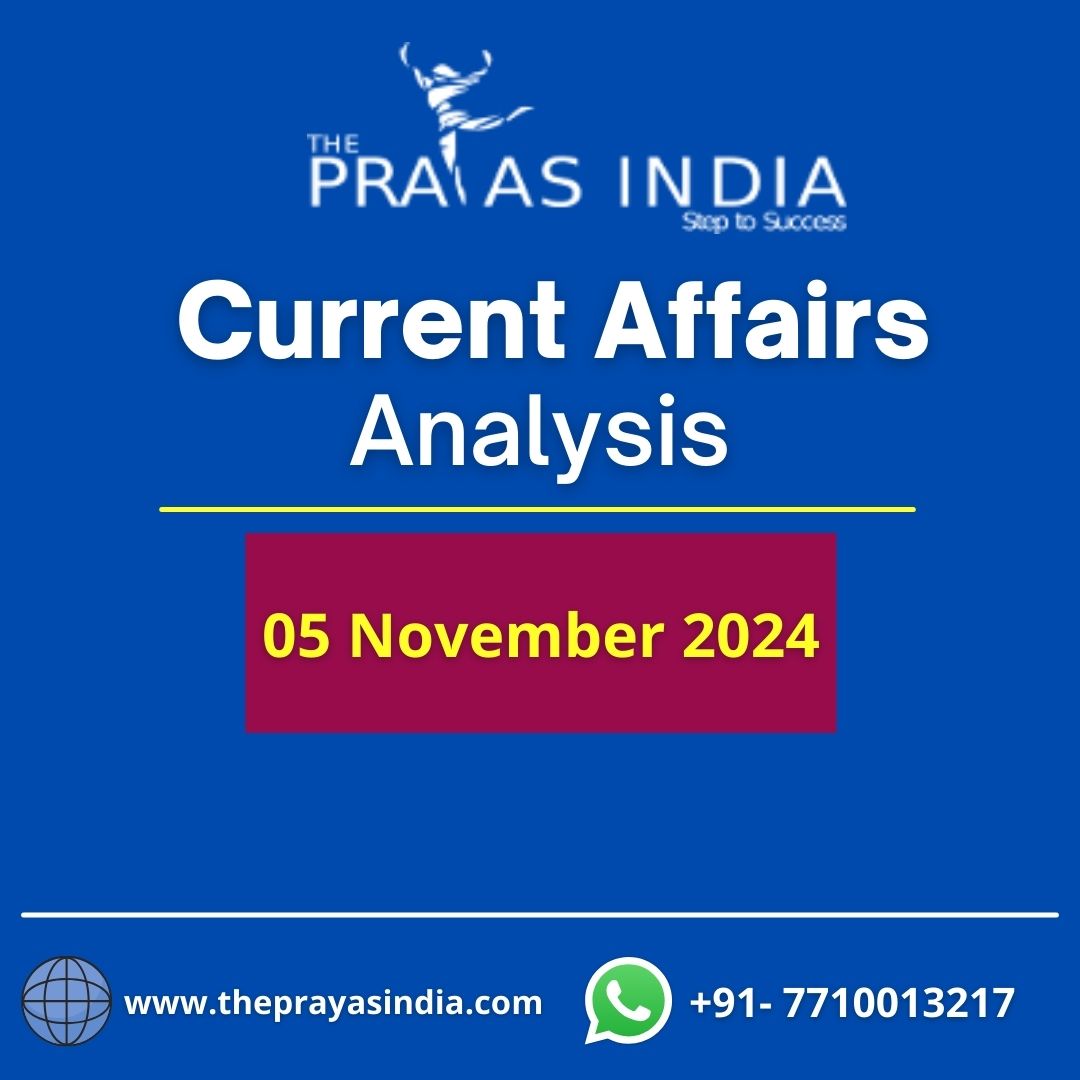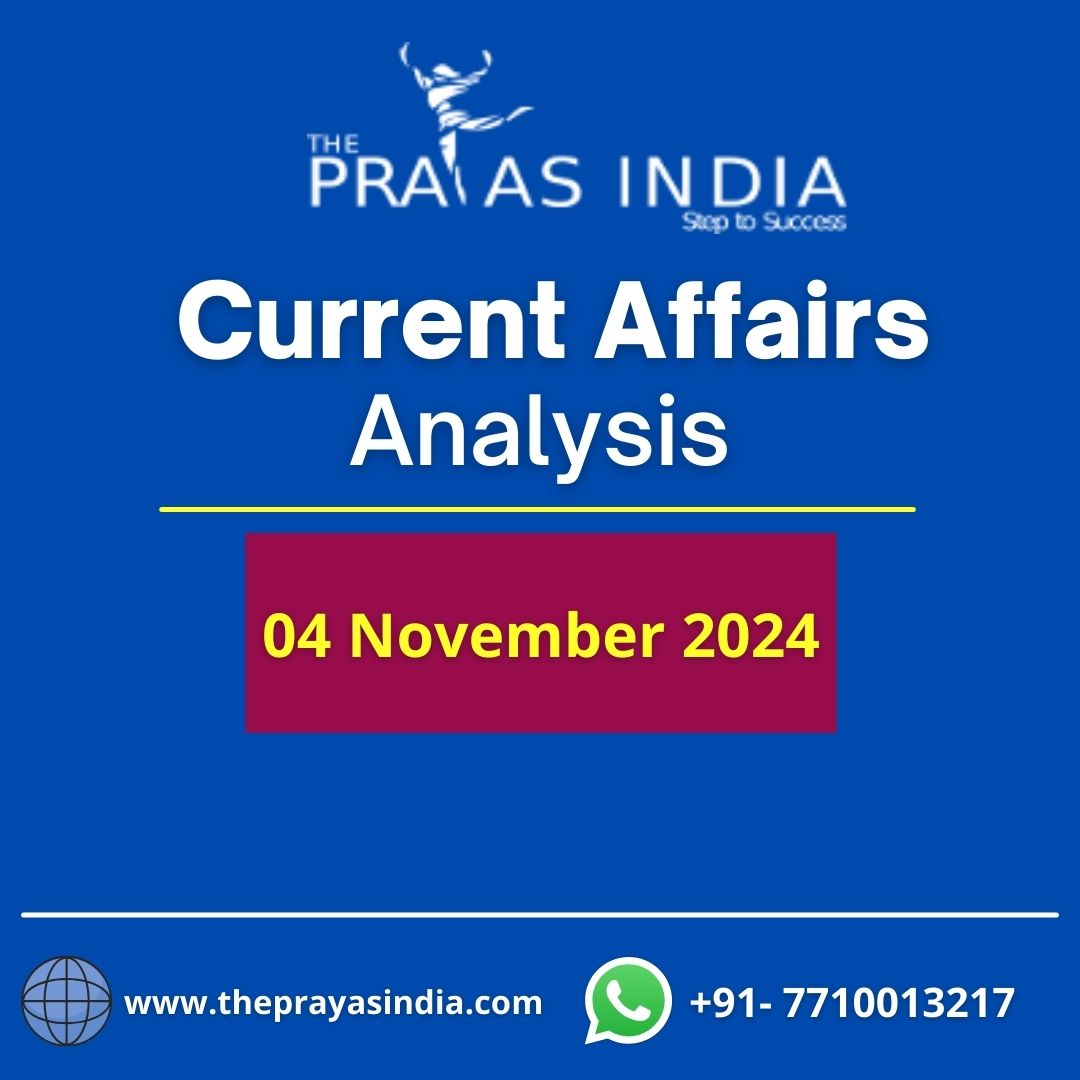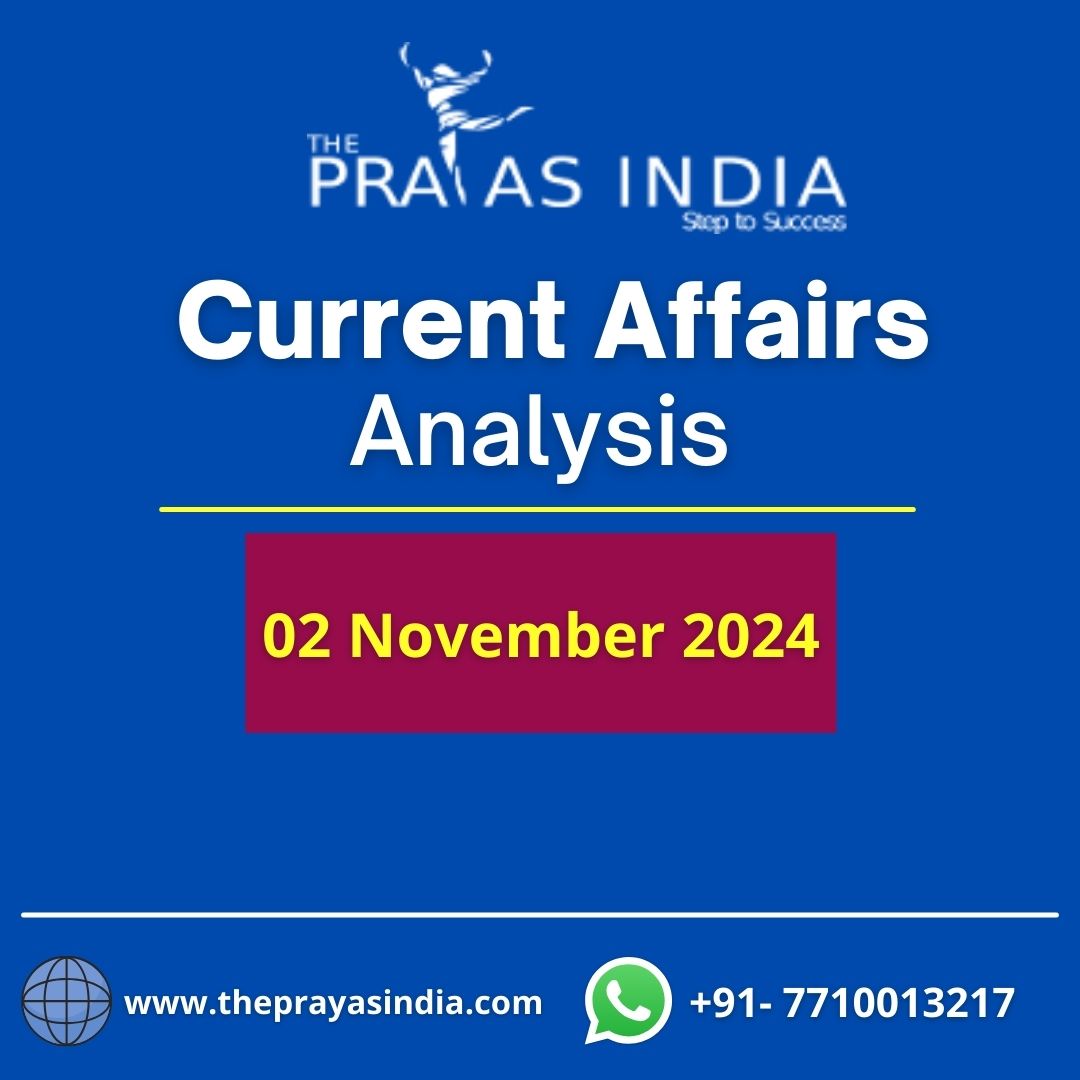DAILY CURRENT AFFAIRS ANALYSIS
| . No. | Topic Name | Prelims/Mains |
| 1. | Air Pollution in Delhi | Prelims & Mains |
| 2. | UNSC | Prelims & Mains |
| 3. | Border Road Organization | Prelims & Mains |
| 4. | Appointment of VCs in States | Prelims & Mains |
1 – Air Pollution in Delhi: GS III – Environmental Conservation:
Context:
- The national capital’s air quality was still deemed “extremely poor” on Tuesday morning, a night after many disobeyed the prohibition and detonated firecrackers in celebration of Deepavali (October 25.) But compared to previous year’s Deepavali night, the air quality is now better.
What is the system at the moment?
- The three tiers of the current institutional structure are the Center, the Delhi government, and local municipal corporations.
- The Supreme Court, the Delhi High Court, and the National Green Tribunal are three other judicial institutions that are involved.
- The three regulatory and enforcement bodies are as follows:
- The Central Pollution Control Board.
- The Indian capital’s pollution control committee
- The Environment Pollution (Prevention and Control) Authority for the NCR Region is acting in accordance with the SC’s directives (EPCA)
What are the drawbacks?
- Administrative – The sheer number of parties engaged is the main cause of the lack of a coordinated response.
- Despite their lack of coordination, it seems as though multiple organisations are active.
- Because it is unclear who should be held accountable, responsibility declines as more authority is lost.
- Approach – On the ground, there aren’t many indications of pollution management efforts.
- Nowadays, the majority of initiatives don’t use any kind of research-based technique.
- The effectiveness of the adopted strategies and tactics has not been sufficiently evaluated.
- Even the origin of the pollution is not known.
- The current investigation is not sufficiently thorough or of a high calibre to precisely characterise the sources of pollution and their individual contributions.
What needs to be done?
- Single Agency – To approach the problem on a military footing, the Union government needs a single authorised agency.
- It is critical that the agency’s leadership position is understood and open.
- Because pollution is an issue regardless of a region’s borders, central government control is crucial.
- It appears that Delhi’s issue has some causes outside of the city.
- Every solution will also include elements that go beyond of what regional and local governments can afford and manage.
- Executive control: The executive must have complete authority over the company.
- It ought to decide and have control over it.
- Although court intervention is possible, it must be done without pressing the government to take action.
- Judiciary – By bringing the environmental issue to light, the SC has demonstrated initiative and leadership.
Source The Hindu
2 – UNSC: GS II – International Relations
Context:
- In conjunction with a special meeting of the Counter-Terrorism Committee, a memorial service for the victims of the 26/11 terror attacks will be held on Friday at the Taj Mumbai hotel, one of the attack locations in 2008. (CTC). Each member of the United Nations Security Council will have a representative at the summit.
About UNSC:
- It is one of the six main UN organisations that works to advance global security and peace.
- On January 17, 1946, it conducted its inaugural meeting in Westminster, London.
- Its headquarters are in New York.
- The council is composed of fifteen members.
Voting members who are permanent members:
- The US, China, France, Russia, the UK, and other countries are among those taking part.
- Among the ten non-permanent members are United Arab Emirates, Albania, Brazil, Gabon, Ghana, India, Ireland, Kenya, Mexico, and Norway.
- More than 50 UN members have never served in a Security Council position.
Services and Authorities:
- to uphold world peace and security in line with the UN’s foundational principles.
- to look into any problem or circumstance that might cause a world war.
- to propose changes to these differences or the rules for resolution.
- to design a weapon control system installation strategy.
- giving instructions on what to do if violence or threats to the peace are noticed.
UNSC criticisms:
- It has drawn criticism for slipping in terms of importance, influence, and leadership scope.
- It is challenging for the UN to remain together and concentrate on matters that are important to all member states given the contrasts between the P-5 and other nations.
- Critics of the council’s lack of multilateralism have also been directed at it in light of the current Covid-19 pandemic and the destruction brought on by the Syrian war.
Why UN Reforms Are Required:
- Order of the Equitable Society: To sustain the principles of democracy on a global scale, a more equitable society is required.
- Diversity: Giving developing nations—particularly those in Africa—the ability to make decisions and participation in international organisations is essential.
- Mitigation of New Threats: The global system needs to become more adaptable and resilient in light of rising protectionism, an increase in terrorist attacks, and the threat posed by climate change.
UNSC members include:
- The UNSC’s membership has just once since it was established.
- The P-5 hasn’t changed at all since the UN’s creation, despite the fact that the number of its members has nearly doubled.
- The P-5 members’ exclusive use of the veto power has been called into doubt by a number of members.
- The veto has been criticised by many nations because it goes against democratic norms.
- Techniques of Work: For instance, a document must be translated into six other languages before it can be adopted, which frequently sparks debates regarding the accuracy of the translations. The adoption of documents by the UN is frequently delayed as a result of this approach.
How to Continue:
- It is vital because the pressing concerns of today call for an international framework based on norms.
- In circumstances when international responses have been ambivalent and disorganised, there is a need to pay closer attention and serve as a call to action.
- India’s standing as a kind and welcoming nation has increased as a result of its continued assistance to Africa’s Small Island Developing States (SIDS) and Least Developed Countries (LDCs) (SIDS). India might exploit this to put additional pressure on the UNSC to alter its policies.
Source The Hindu
3 – Border Road Organization: GS III – Internal Security
Context:
- Locals in the Mamit district of Mizoram have begun to repair an 18-km section of a crucial road that the Border Roads Organization (BRO) left unfinished a year ago.
About BRO:
- The BRO builds roads to connect challenging and inconvenient areas in the country’s border regions. The BRO has been operating under the Ministry of Defence’s administration since 2015.
- Officers and soldiers from the Corps of Engineers, Electrical and Mechanical Engineers, Army Service Corps, Military Police, and army personnel with supplementary regimental employment make up the staff of this facility.
- The General Reserve Engineer Force (GREF) and employees of the Engineering Service make up the parent cadre of the Border Roads Organization.
- The organisation currently operates in 21 states, 1 UT (Andaman and Nicobar Islands), and bordering nations like Afghanistan, Bhutan, Myanmar, and Sri Lanka.
- Over 32,885 kilometres of roads and roughly 12,200 metres of permanent bridges are operated and maintained by the BRO nationwide.
Importance of BRO:
- The activity of the Border Roads Organization has tremendously benefitted both the development of border regions and the maintenance of security. The BRO’s tireless efforts have significantly contributed to the development of India’s North Eastern states. The BRO’s work on the infrastructure has led to socioeconomic development in even the most remote regions of the nation.
- In addition to India, the BRO has worked in a number of other nations, greatly aiding in the maintenance of friendly and diplomatic ties in such nations. The highly skilled BRO crew began and successfully finished the Delaram-Zaranj Highway in Afghanistan in 2008. The BRO also refurbished and rebuilt the Farkhor and Ayni air bases in Tajikistan.
- When a natural disaster strikes, the BRO closely coordinates its efforts with those of the Indian Army. The BRO’s gallant warriors oversaw a major chunk of the cleanup operations following the tsunami that devastated Tamil Nadu in 2004, the flash floods in Ladakh in 2010, and even the floods that wreaked havoc in Jammu and Kashmir in 2014.
Source The Hindu
4 – Appointment of VCs in States: GS II – Social Issues
Context:
- Mohanan Kunnummal, vice chancellor of the Kerala University of Health Sciences, has been assigned additional responsibility for Kerala University (KUHS). A temporary appointment was made after V.P. Mahadevan Pillai’s term as vice chancellor ended on Monday.
- Therefore, the Raj Bhavan decided to charge Dr. Kunnummal an extra fee. At the close of a turbulent political day, Governor Arif Mohammed Khan and Chief Minister Pinarayi Vijayan engaged in a heated debate about the limitations of the Chancellorship in the administration of universities. Dr. Kunnummal will serve as vice chancellor until Prof. Pillai’s replacement is chosen.
What is the role of UGC in this case?
- In 1953, the late Shri Maulana Abul Kalam Azad, who was the education minister at the time, established the University Grants Commission (UGC).
- But in 1956, it had statutory authority to plan, establish, and uphold India’s higher education standards.
- New Delhi serves as the administrative hub for the UGC.
- In contrast to higher education, research, and scientific and technical institutes, which are all covered by entry 66 of the Union List, education is covered by the Concurrent List.
- Even for appointments to universities and colleges, the UGC serves in this capacity by prescribing the standards.
- The VC shall be chosen from a list of candidates by the “Visitor/Chancellor” in accordance with the UGC Regulations, 2018, which have been proposed by search-cum-selection committees (often the Governor in states).
- Higher education institutions, especially those that receive UGC funding, are required to abide by its rules.
- The states occasionally disagree with them when it comes to state colleges, but central institutions often observe them without issue.
What main points related to this has the Supreme Court made?
- According to the supreme court, any vice chancellor appointment that is made in contravention of the UGC Regulations may be judged to be unlawful, necessitating the issuance of a writ of quo warranto.
- It continued by stating that the UGC Regulations are a component of the UGC Act of 1956, which is their parent statute.
- It was decided that the standard of repugnancy outlined in Article 254 of the Constitution would apply in cases where there was a dispute between federal law and state law.
Source The Hindu




